16 Unintentionally Rude Things You Might Be Doing in Public
Most inconsiderate behaviors don’t look aggressive at first glance. They usually stem from distraction, habit, or misplaced priorities. However, even small lapses in public awareness affect others more than we realize. Paying attention to these common missteps helps create smoother, less stressful shared spaces.
Here are some surprisingly disruptive things people do in public—even if unintentional.
Leaving Shopping Carts Behind After Use
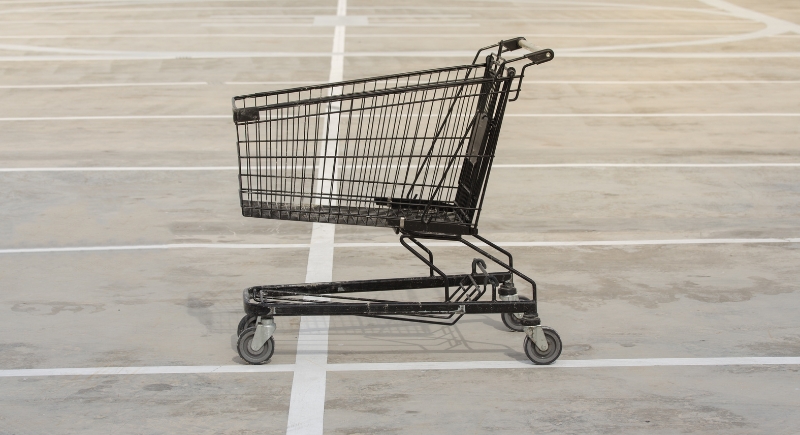
Credit: Getty Images
Grocery carts left in parking lots create real issues. They roll into parked cars, block open spaces, and force workers to chase them down. A 2023 survey found that cart abandonment ranks among the top pet peeves for store employees. This is why many stores post cart returns just a few steps away.
Using Phones During a Movie
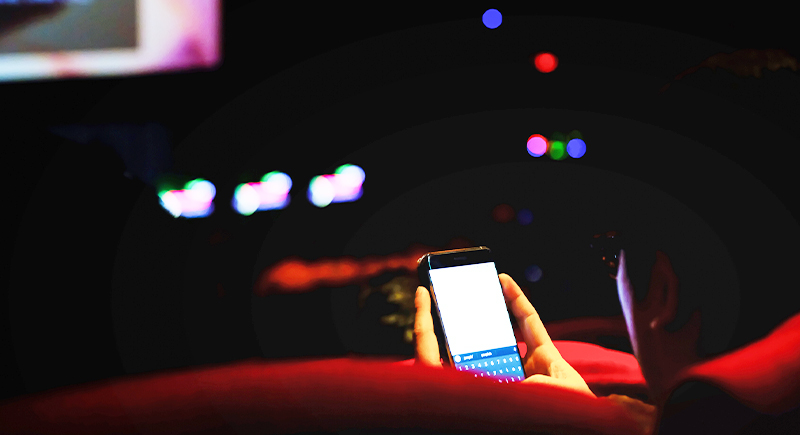
Credit: iStockphoto
You may not think you’re disturbing anyone, but that quick phone check lights up more than just your face. In a dark theater, a short glance at a screen can also draw eyes from several rows away. That sudden glow breaks the focus of the audience who came to watch, not to multitask. After all, theaters rely on darkness to create an immersive experience.
Watching Videos Without Headphones
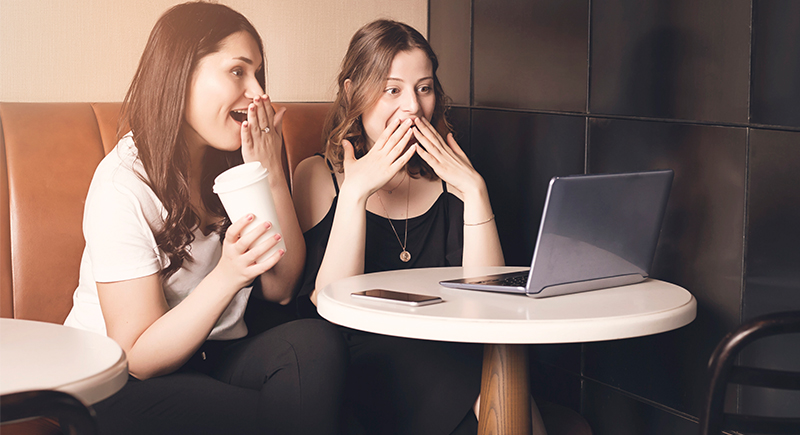
Credit: iStockphoto
This behavior typically begins with boredom—waiting in line, sitting on a bus, passing time at a coffee shop. But playing audio out loud in public areas forces others to listen to content they didn’t choose. People may not say anything, but they notice. Headphones can solve this problem without sacrificing your entertainment.
Standing in the Way of Public Transit
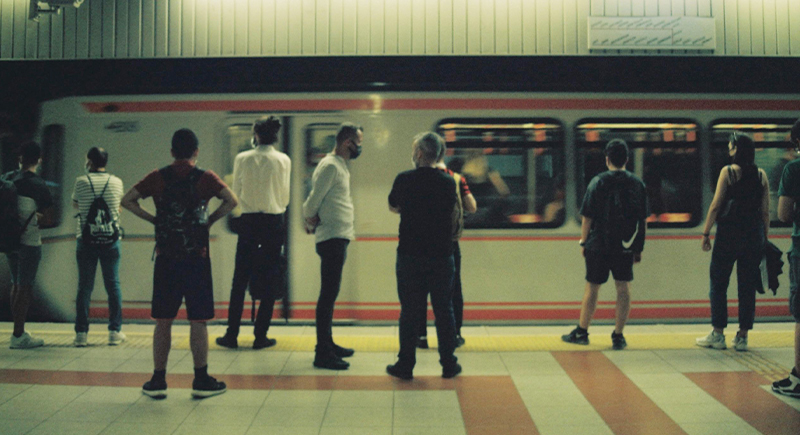
Credit: pexels
Train doors are high-traffic entry points, not places to stand and regroup. During peak hours, seconds matter. Crowding that space causes backups, missed trains, and unnecessary tension. For this reason, transit agencies, such as the MTA and BART, have launched awareness campaigns reminding riders to step aside.
Not Using Turn Signals While Driving
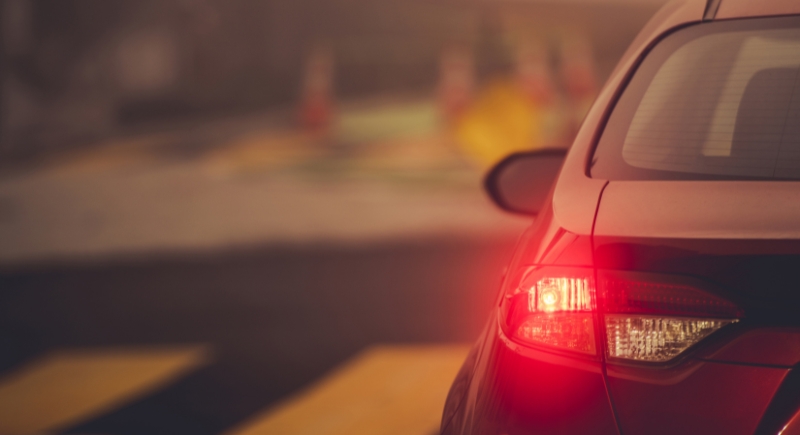
Credit: Canva
If you didn’t already know, a turn signal is a legal requirement in every U.S. state. Yet a 2022 report found that nearly 25% of drivers admit they don’t use them regularly. Keep in mind that signaling clearly allows for smoother traffic flow and avoids sudden stops or unsafe merges.
Leaving Trash Behind in Movie Theaters
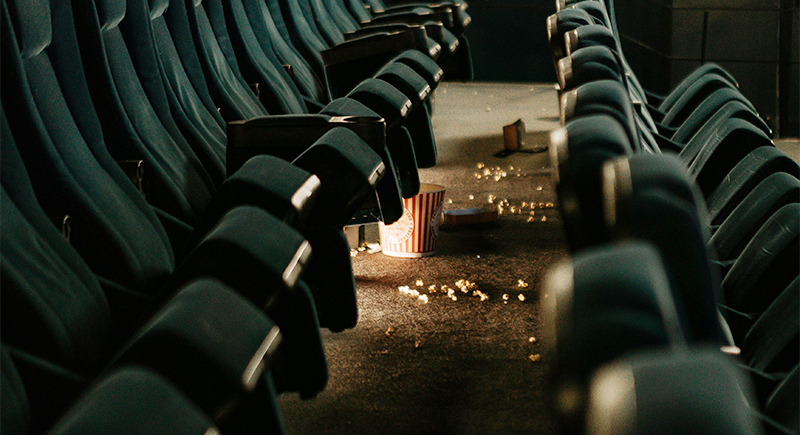
Credit: pexels
Some moviegoers walk out and leave snack wrappers, cups, and napkins under their seats. That small choice adds extra cleanup for underpaid staff on tight schedules. Movie theaters provide trash cans near exits for a reason. And carrying your own waste out takes less than 10 seconds.
Spitting On Sidewalks

Credit: iStockphoto
Cities including San Francisco and New York have issued fines for public spitting because of the health risks it poses. Those risks rise significantly during flu season or outbreaks. Even in places where it’s not outlawed, spitting on sidewalks shows a lack of concern for others who use those same spaces.
Crowding The Baggage Claim Carousel
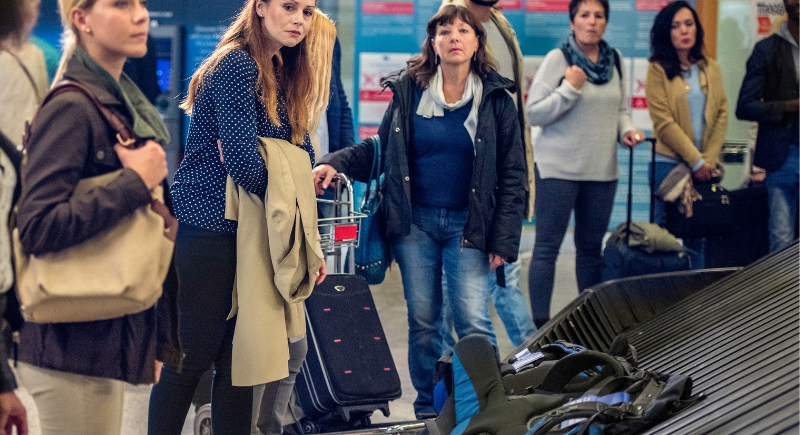
Credit: Getty Images
When passengers press up against the baggage carousel, it creates a wall that blocks others from retrieving their luggage. The airport doesn’t speed up your suitcase just because you’re standing closer. Instead, make sure to step back and move in only when your bag arrives.
Bringing Full Carts into Express Checkout Lanes

Credit: Getty Images
Self-checkout lanes labeled “10 items or fewer” operate faster for a reason. When shoppers with full carts use them anyway, it slows everything down. Cashiers usually can’t enforce the limit, especially if store policies emphasize avoiding confrontation. That leaves other customers stuck waiting behind someone who ignored the sign, with no recourse.
Texting Constantly While at a Meal
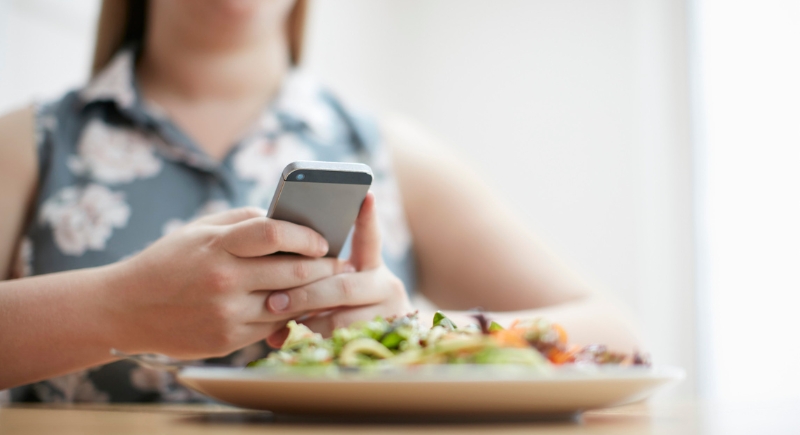
Credit: Canva
It’s common to check a phone during a pause in conversation, but when it becomes the main activity, it changes the mood. Meals tend to serve as one of the few chances for real connection during a busy day. Constant texting during that time shows divided attention. You don’t need to put your phone in another room; just keeping it facedown or off the table shows that you’re present.
Blocking Gas Pumps After Fueling

Credit: pexels
A simple way to avoid being rude at the pump is to move your car once you’ve finished fueling. It only takes a moment to park in a regular spot before heading inside. Skipping that step might seem harmless, but it holds up the entire line. In the middle of busy hours, it causes backups, blocked lanes, and unnecessary stress for drivers who just want to refuel.
Standing Too Close in Lines or Waiting Areas
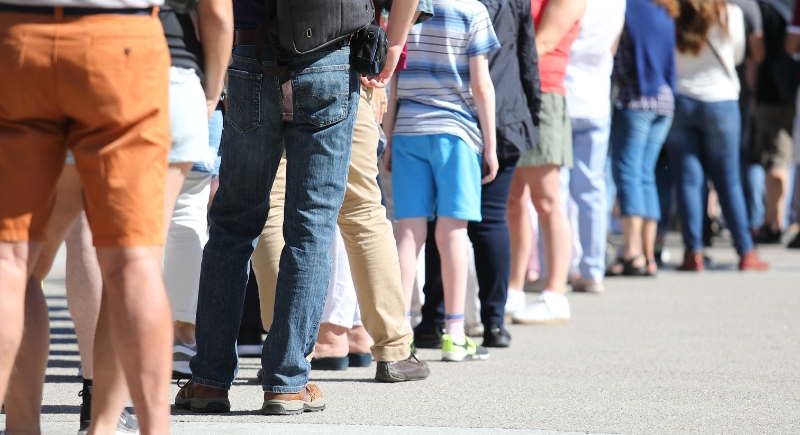
Credit: Getty Images
Personal space varies, but in most public places, individuals appreciate at least a foot or two of distance while waiting. Often, people crowd too closely without realizing it, like while scrolling on a phone or getting lost in thought. But those nearby feel the intrusion right away. It can cause discomfort, tension, or lead to confrontations in tighter spaces.
Interrupting During Conversation Without Realizing It
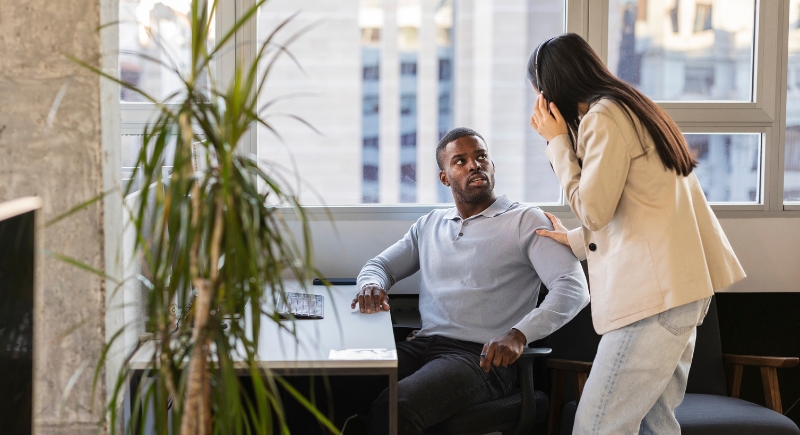
Credit: Canva
At some point, you may have gotten excited and jumped into a conversation before someone finished speaking. It happens, but doing it regularly makes others feel dismissed or overlooked. A study found that frequent interrupters are often seen as less likable, regardless of intent. Giving others time to finish their thoughts makes everyone feel heard.
Talking Loudly in Places Meant to be Quiet

Credit: Canva
Libraries, cafés, and waiting rooms all depend on an expectation of quietness. Loud phone calls or conversations stand out, even in partially busy areas. Voices carry farther than you’d expect, especially indoors. If you’re taking a call or chatting with a group, speak at a low volume or step outside.
Ignoring Greetings and Goodbyes
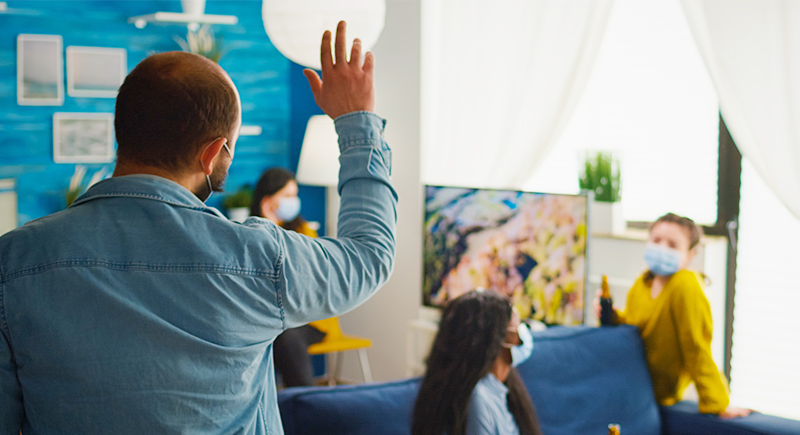
Credit: iStockphoto
Say a quick hello when you enter a room, and make a point to say goodbye when you leave. These small gestures take only seconds but carry weight in social and professional settings. They signal awareness of others and build mutual respect. At the end of the day, everyone remembers how they’re treated in everyday moments.